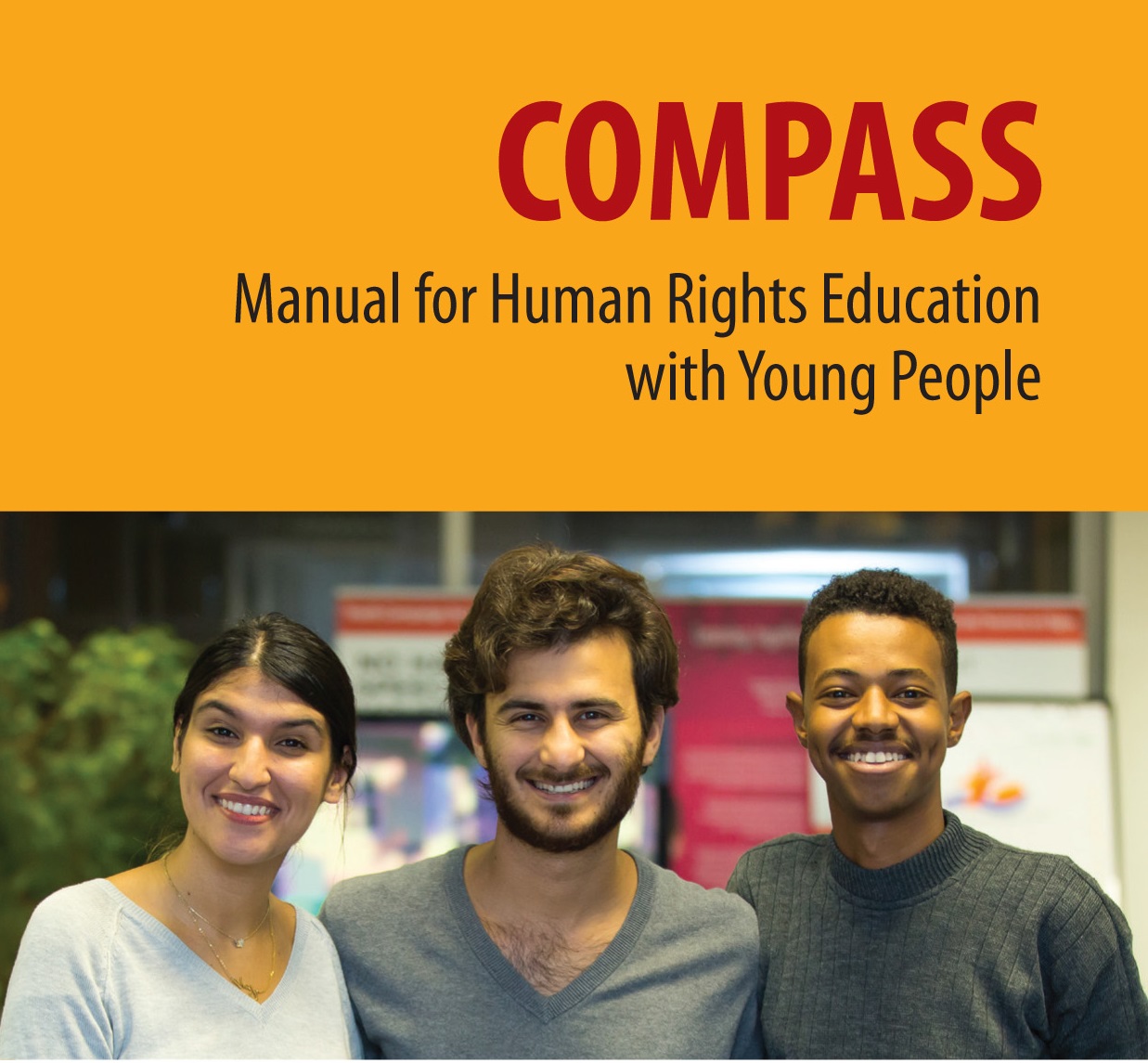Introduction
There is no human rights education without human rights. Understanding what human rights are is among the most important competencies for any human rights educator. Human rights can be understood and explained in both very simple or complex ways; they may be addressed in abstract and conceptual forms or made very real through practical examples; they can be looked at from a global perspective or from a very local outlook. However, it is essential that anyone entering human rights education feels able to introduce human rights and to answer questions about them.
While the primary work of facilitators is to involve young people in learning about human rights, part of that also includes providing accurate information, de-mystifying the complexity of human rights and addressing many of its dilemmas. This cannot be done, however, at the expense of the key concepts and values underlying human rights: universality, indivisibility and inalienability. The facilitator of human rights education is also an "ambassador" and advocate for human rights. Failure to address or respond to key questions about human rights will result in failure in human rights education. As with many other issues related to human rights, no-one expects the facilitators to have answers to all questions. However, it is fair to expect that the facilitators know where to find the answers and to invite the participants to find their own answers too.
Misconceptions about the origin of human rights, notably their supposed "Western" nature, about their universality and about their applicability and enforcement can easily turn a well-intended human rights education activity into an experience that confirms doubts and misconceptions instead of clarifying them. The learning about human rights in human rights education is an essential and non-negotiable dimension; without it none of the rest makes sense.
Human rights need to be understood by everyone, not only by specialists.
In this chapter we provide the users of Compass with further information about human rights, what they are, how they have evolved and how they can be protected and promoted. This is, obviously, not all the information about human rights concepts and systems that one can share. As with other sections of Compass, however, it provides its users with important starting points and basic information. It is up to the facilitators to look for further information according to the nature of their programme and the needs of the learners. This chapter is also not to be understood as "what everyone should know about human rights". Instead, it touches upon various important aspects of human rights. Individual learners and facilitators may need to know more (or less), particularly in relation to the ways in which human rights have developed and are protected in their own countries.
This chapter ends with a section of questions, answers and puzzlers about human rights, which take up some of the most common questions and doubts about human rights.
Human rights are permanently being challenged, developed and perfected.
As (imperfect) creations of (imperfect) human beings, human rights are constantly being challenged, developed and improved. We count on the users of Compass to contribute to their own updating, particularly in relation to developments that will have occurred since Compass was published.
- Chapter 1 - Human Rights Education and Compass: an introduction
- Chapter 2 - Practical Activities and Methods for Human Rights Education
- Chapter 3 - Taking Action for Human Rights
- Chapter 4 - Understanding Human Rights
- Chapter 5 - Background Information on Global Human Rights Themes
- Appendices
- Glossary




Human Rights are what no one can take away from you.
René Cassin